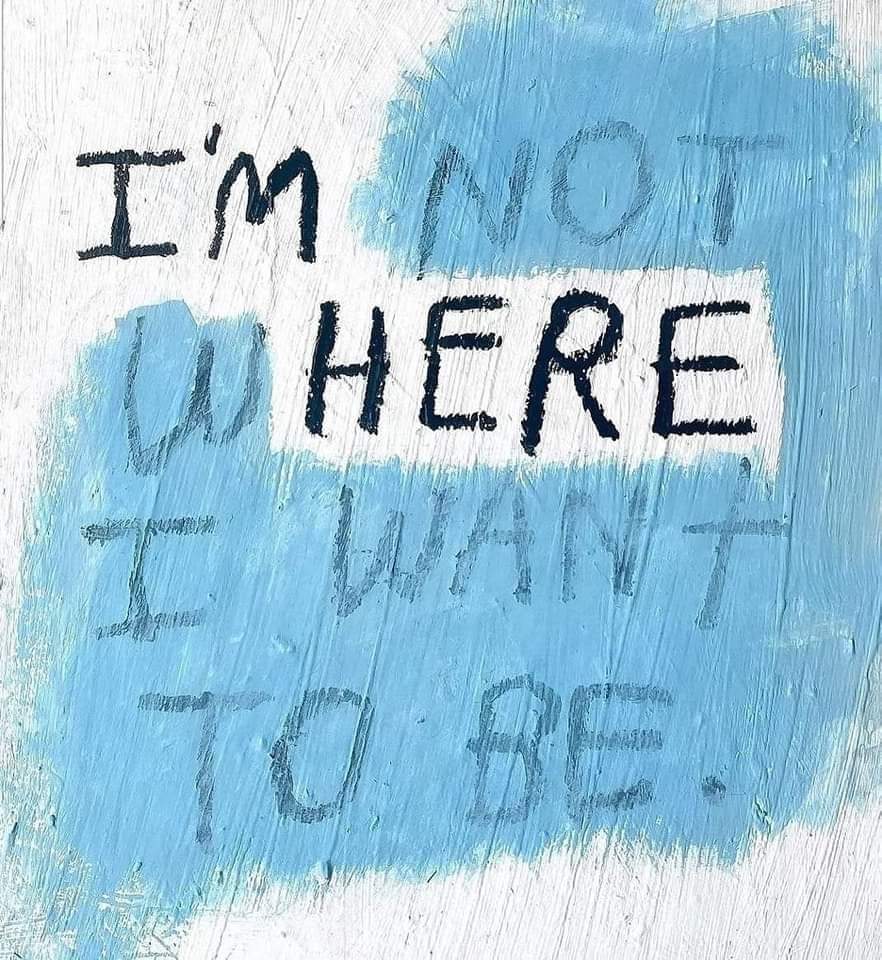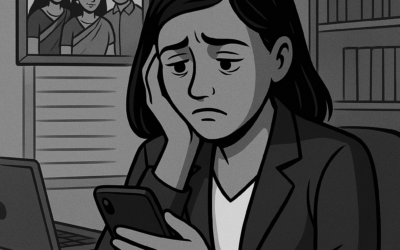“The world is so fast these days that if one says it can’t be done, he is interrupted by someone doing it.“
Mental health is all the rage on campuses, in big corporations, and on social media. But what it is often stays astray and doesn’t incorporate the reality of it. What exactly do we mean by ‘mental health’, and how accurately are we portraying its complexities? This reality often lies far from the polished catchphrases and quick self-care tips shared online.
It was back in 1893, that the American Psychiatric Association’s founder Mr. Isaac Ray defined the term mental hygiene. After more than two centuries, we currently stand at a stage where the conditions have deteriorated to a grim situation. Statistically speaking, 1 in every 8 people globally lives with a mental health condition. The World Health Organization (WHO) report precisely put the chaotic nature of mental health in perspective:
“Mental health is more than the absence of mental disorders. It exists on a complex continuum, experienced differently from one person to the next, with varying degrees of difficulty and distress and potentially very different social and clinical outcomes.”
Now the chaos’s propensity is exaggerated given that low- and middle-income countries are at the brunt of being under-diagnosed. Nearly 90% of the people in these countries fail to receive treatment. In the face of a global pandemic, mental health issues are exacerbated, with depression and anxiety increasing by about 25% in the first year alone, according to studies.
Globally, suicide ranks among the leading causes of death for young adults, with over 700,000 suicides recorded each year. Compounding these issues is the global shortfall in mental health professionals—many countries have fewer than two mental health workers per 100,000 people. The stigma around mental health is not new. However, as time passed more and more, the stigma balled into creating rather a different version of the problem.
The Chime
Quite literally, CHIME is considered an important framework for mental health recovery. It stands for Connectedness, Hope, Identity, Meaning, and Empowerment. This model suggests that recovery isn’t just about symptom management; it’s a deeply personal process focused on building a fulfilling life beyond illness. Each element of CHIME plays a specific role in fostering mental health recovery:
- C: Connectedness promotes support through relationships and community
- H: Hope instills a belief in the possibility of a better future
- I: Identity helps individuals regain a sense of self beyond their mental health challenges
- M: Meaning encourages finding purpose, whether through activities, relationships, or aspirations
- E: Empowerment supports autonomy and self-efficacy, enabling people to make choices and take control of their recovery journey
As holistic as it sounds, most of these actions are very well subjected to variance. Variance even at the most micro level. The moment we start fitting people and more specifically their mental state into external frameworks, the real picture with all of its layers is missed. Basically, the chaos of the human mind is made limited.
The Chaos
Mental health can be non-conformational. It can depend on many things, from societal factors to emotional functionality to a whole personality. And in today’s dynamic world the factors multiplies on which mental health depends. The curated one-size-fits-all is highly problematic and totally butchers the nuanced landscape of human experiences. Every attempt to categorize or guide individuals along a predetermined path leaves behind aspects of the human psyche that may be too idiosyncratic, and too layered to fit within neat borders. And in a world that values speed, efficiency, and “getting things done,” the idea of recovery as a slow, non-linear process can seem almost counter-cultural.
The Need To Solve
The perception that mental health recovery is a huge problem and we are already failing to just tackle the tip of the iceberg calls for prompt action. People aren’t static; they are dynamic, evolving beings having a tandem of experiences changing every day! Therefore, the right way feels to embrace the chaos not in a hopeless sense, but in recognition of the complexity it brings. The utter ‘need to solve’ mental health problem accentuates the problem further. Therefore, the approach needs to be viewed as a series of complex challenges that need individualized responses, especially in diverse and often underserved communities.
Mental health recovery calls for solutions embedded with collective efforts. After all, to recover means to truly connect with others, to find purpose, and to rediscover the strength we hold within, amid the inevitable chaos of life. Ending on a note, individual participation in treating one’s own as well as the next is important. Because – “There’s only one right in the world and that right is one’s own strength.”





0 Comments